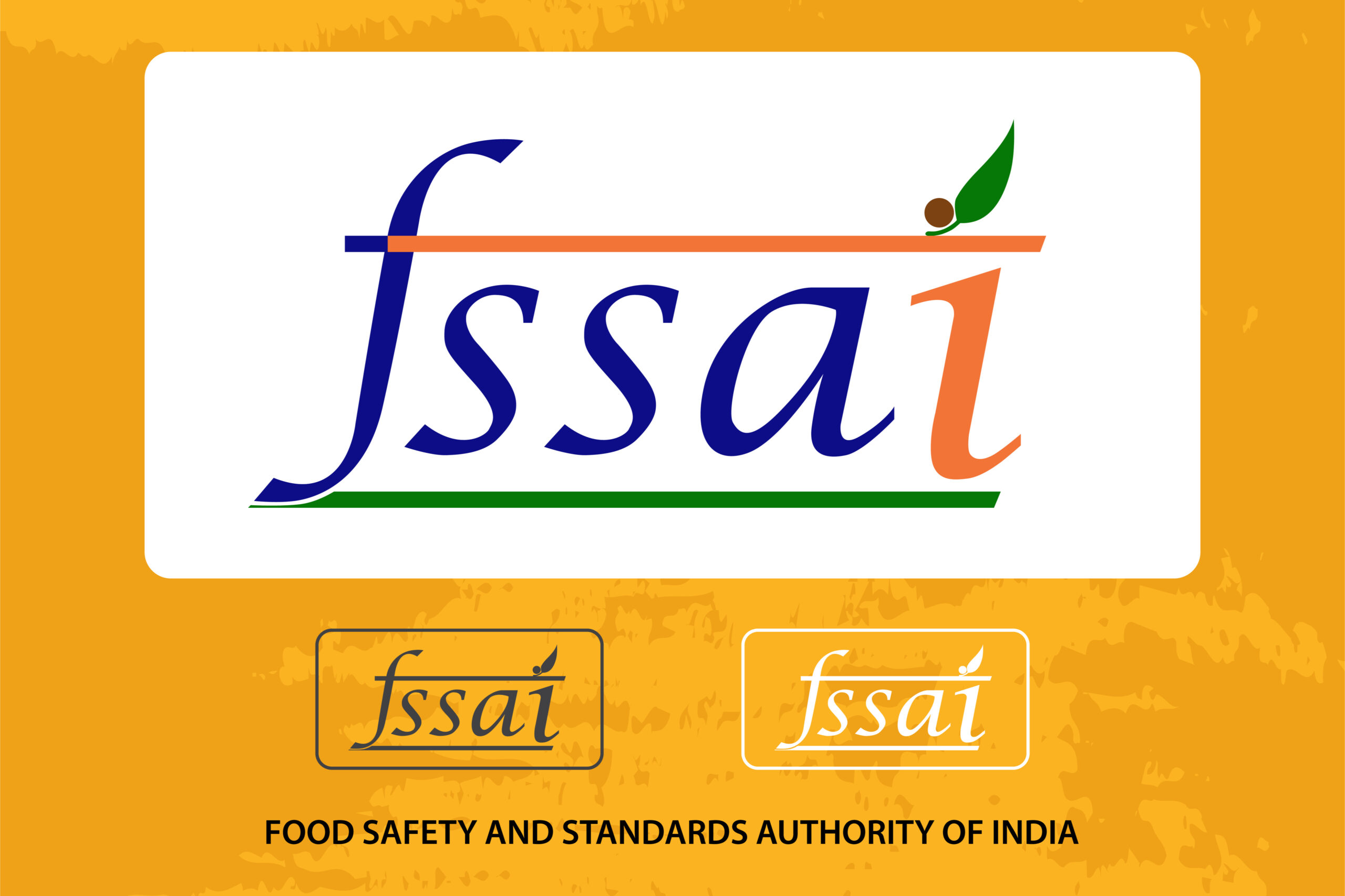Running a food business in India? Make sure you're compliant with these 10 FSSAI regulations that every food entrepreneur must know to ensure food safety and success.
10 Essential FSSAI Regulations, The Food Safety and Standards Authority of India (FSSAI) is a regulatory body that oversees food safety and standards in India. It was established under the Food Safety and Standards Act, 2006, to ensure that all food products sold in the country are safe and of high quality.
If you are a food business owner in India, knowing and complying with the FSSAI regulations is essential to avoid legal consequences and ensure customer satisfaction. This article will discuss ten essential FSSAI regulations every food business must know.
Top 10 Essential FSSAI Regulations Every Food Business Must Know
-
FSSAI Registration and License
All food businesses in India must obtain an FSSAI registration or license before commencing their operations. The registration or license requirement depends on the type and size of the business.
FSSAI registration is required for small-scale food businesses, while large-scale food businesses require an FSSAI license. The application process for FSSAI registration or license is straightforward and can be done online.
-
Food Labeling Requirements
FSSAI mandates that all packaged food products sold in India must carry certain labeling requirements. The label must display the name of the product, list of ingredients, nutritional information, manufacturing and expiry dates, and FSSAI license number.
Additionally, the label must not carry any false or misleading claims. Proper labeling helps customers make informed decisions about the food they purchase, and it also helps in tracing the source of food in case of any food safety issues.
-
Food Additive Usage
Food additives are substances added to food to enhance its taste, texture, or appearance. FSSAI has a list of approved food additives that can be used in food products. The use of any food additive not included in the list is prohibited. The food business owner must ensure that the food additive used in the product is within the permissible limit set by FSSAI.
-
Hygiene and Sanitation
Maintaining proper hygiene and sanitation is crucial in the food industry. FSSAI has set guidelines on hygiene and sanitation that every food business must follow. The guidelines include proper storage, handling, and processing of food products, maintaining the cleanliness of the premises, and ensuring that all equipment used in the production process is clean and sanitised. Failure to maintain proper hygiene and sanitation can lead to contamination of food products, resulting in foodborne illnesses.
-
Food Packaging Requirements
FSSAI has set guidelines on food packaging to ensure that the packaged food products are safe and of high quality. The guidelines include the use of food-grade packaging materials, proper labelling, and packaging that protects the food product from contamination.
The food packaging must also be suitable for the type of food product being packaged. For instance, acidic food products must be packaged in materials that can withstand the acidity to prevent leakage or spoilage.
-
Food Safety Management System
A Food Safety Management System (FSMS) is a systematic approach to managing food safety in a food business. FSSAI requires all food businesses to implement an FSMS to ensure that the food products sold to customers are safe and of high quality.
The FSMS includes Hazard Analysis and Critical Control Point (HACCP), Good Manufacturing Practices (GMP), and Good Hygiene Practices (GHP). Implementing an FSMS helps identify and control food safety hazards at every stage of the production process.
-
Food Testing Requirements
FSSAI mandates that all food products sold in India must undergo food testing to ensure that they are safe for consumption. The food business owner must ensure that the food products undergo testing by FSSAI-approved laboratories.
The food testing includes testing for microbiological, chemical, and physical contaminants. The food testing results must be documented and made available to FSSAI authorities upon request.
-
Food Recall Procedure
In case of food safety issues, FSSAI requires food businesses to have a food recall procedure. A food recall is a process of removing and/or correcting the food products that have been deemed unsafe for consumption.
The food business owner must ensure that the food recall procedure effectively and efficiently identifies and removes unsafe food products from the market. The food recall must also be communicated to the customers, suppliers, and other relevant stakeholders.
-
Food Safety Training
Food safety training is essential in ensuring that all food business employees are aware of the food safety guidelines and regulations. FSSAI requires all food businesses to provide food safety training to their employees.
The training must cover hygiene and sanitation, food handling and processing, and food labelling requirements. The food business owner must ensure that the training is provided regularly and that all employees understand and follow the food safety guidelines.
-
Compliance and Record-Keeping
Compliance and record-keeping are crucial in the food industry. FSSAI requires all food businesses to maintain proper records of their operations, including food testing, hygiene and sanitation, and food safety management system implementation.
The food business owner must ensure that all records are accurate and up-to-date. Non-compliance with FSSAI regulations can result in legal consequences, such as fines or business closure.
Do aware of the Must Read Topic: Do I Need to Register to Open a Biryani Shop?
Conclusion
Complying with FSSAI regulations is essential for every food business in India to ensure that their products are safe and of high quality. FSSAI regulations cover various aspects of food business operations, including food labelling, hygiene and sanitation, food packaging, and food safety management systems. The food business owner must understand and comply with all the FSSAI regulations to avoid legal consequences and ensure customer satisfaction.
Vakilsearch is India’s leading online legal services provider that can assist food businesses with compliance and legal issues related to FSSAI regulations. Our team of experienced lawyers can help you understand the 10 essential FSSAI regulations and ensure that your business is compliant with the latest food safety laws.
Read more,









